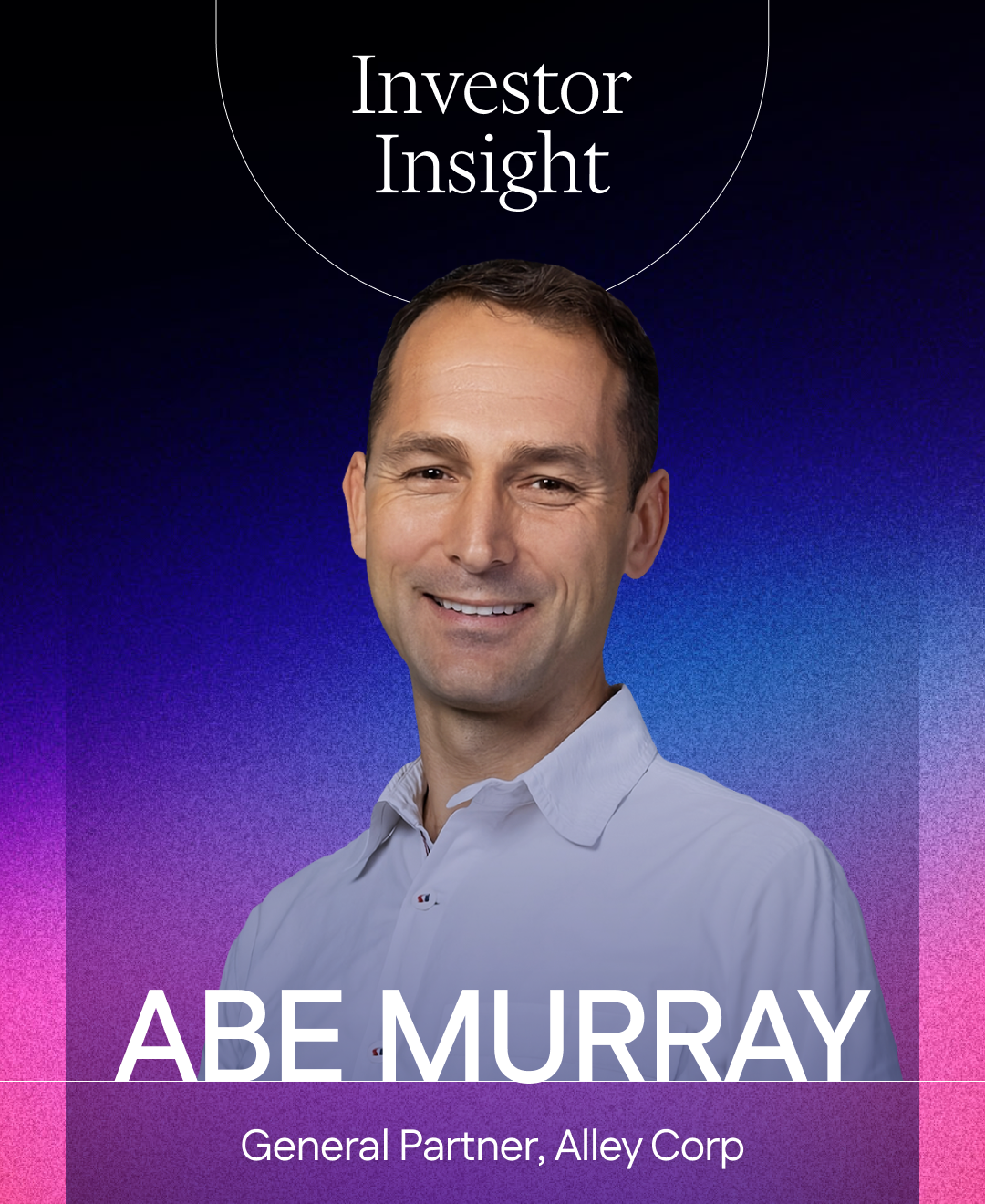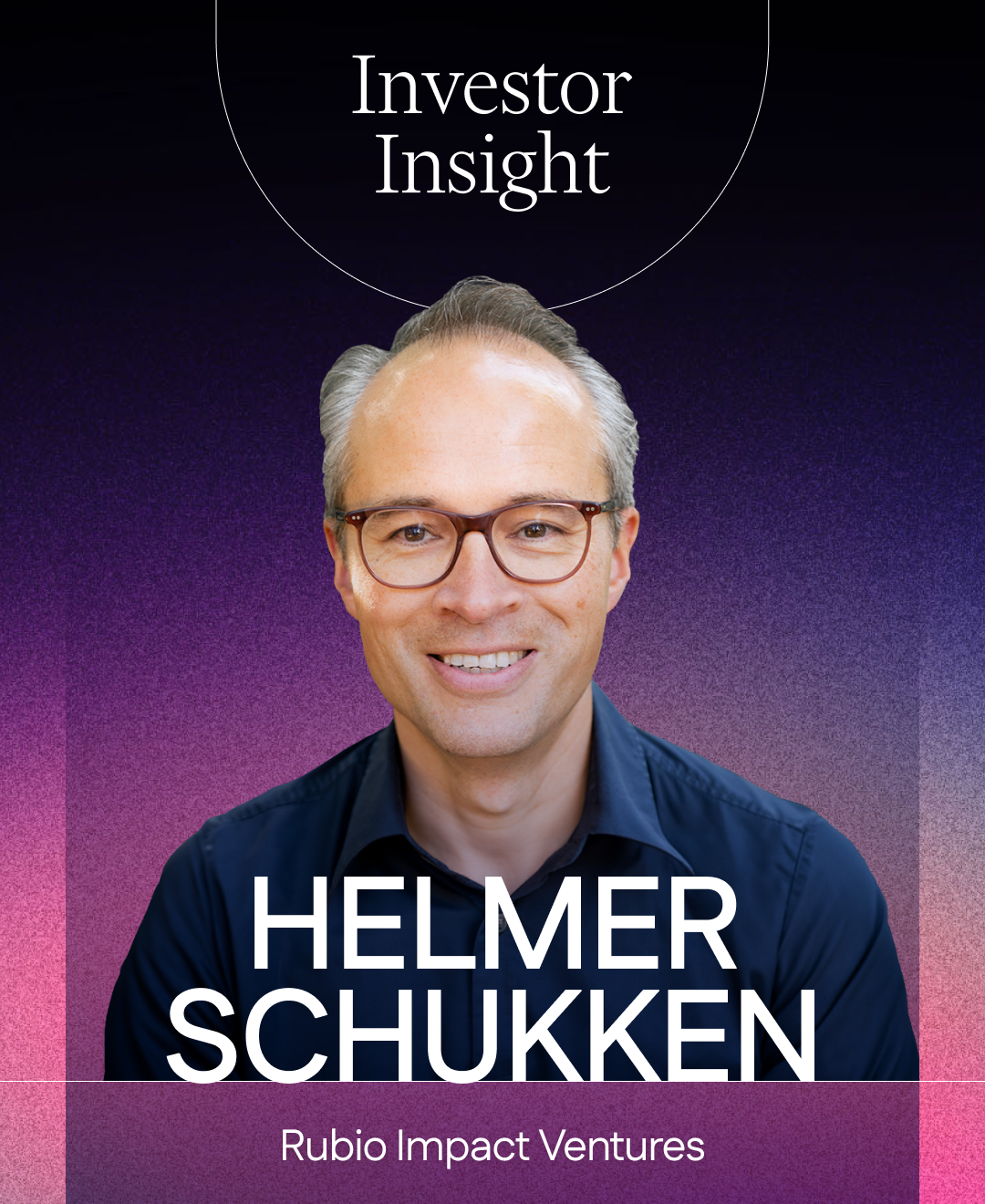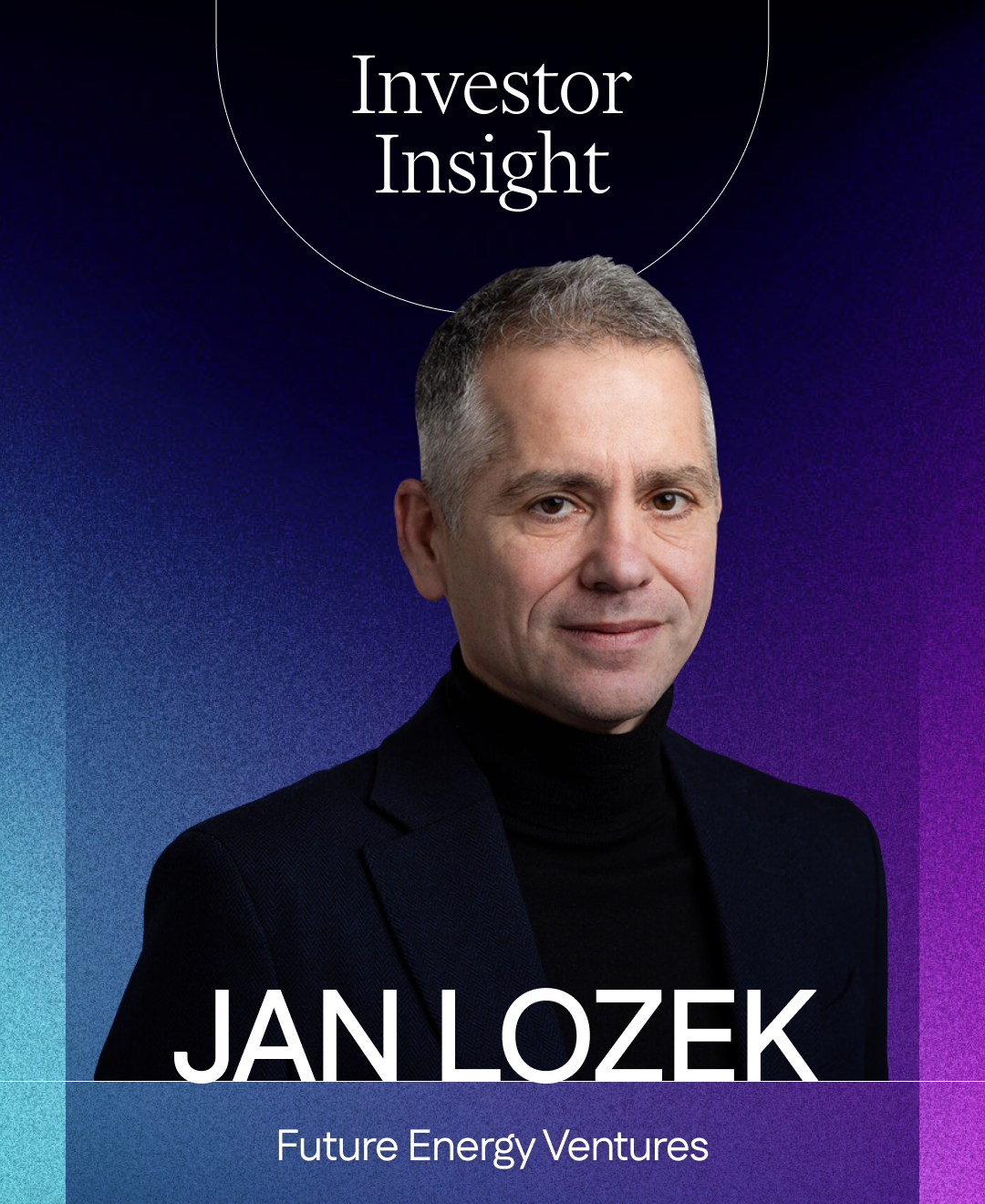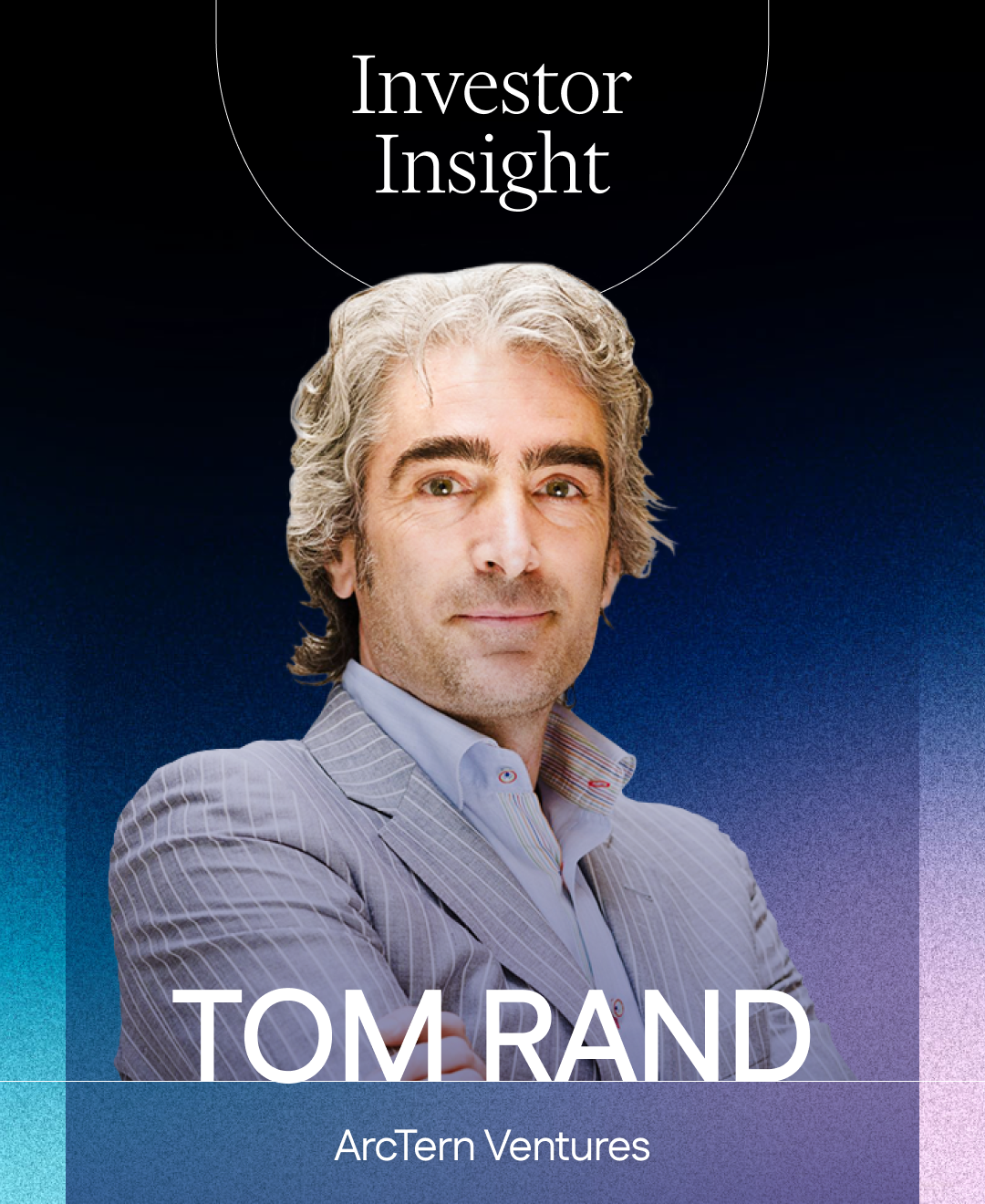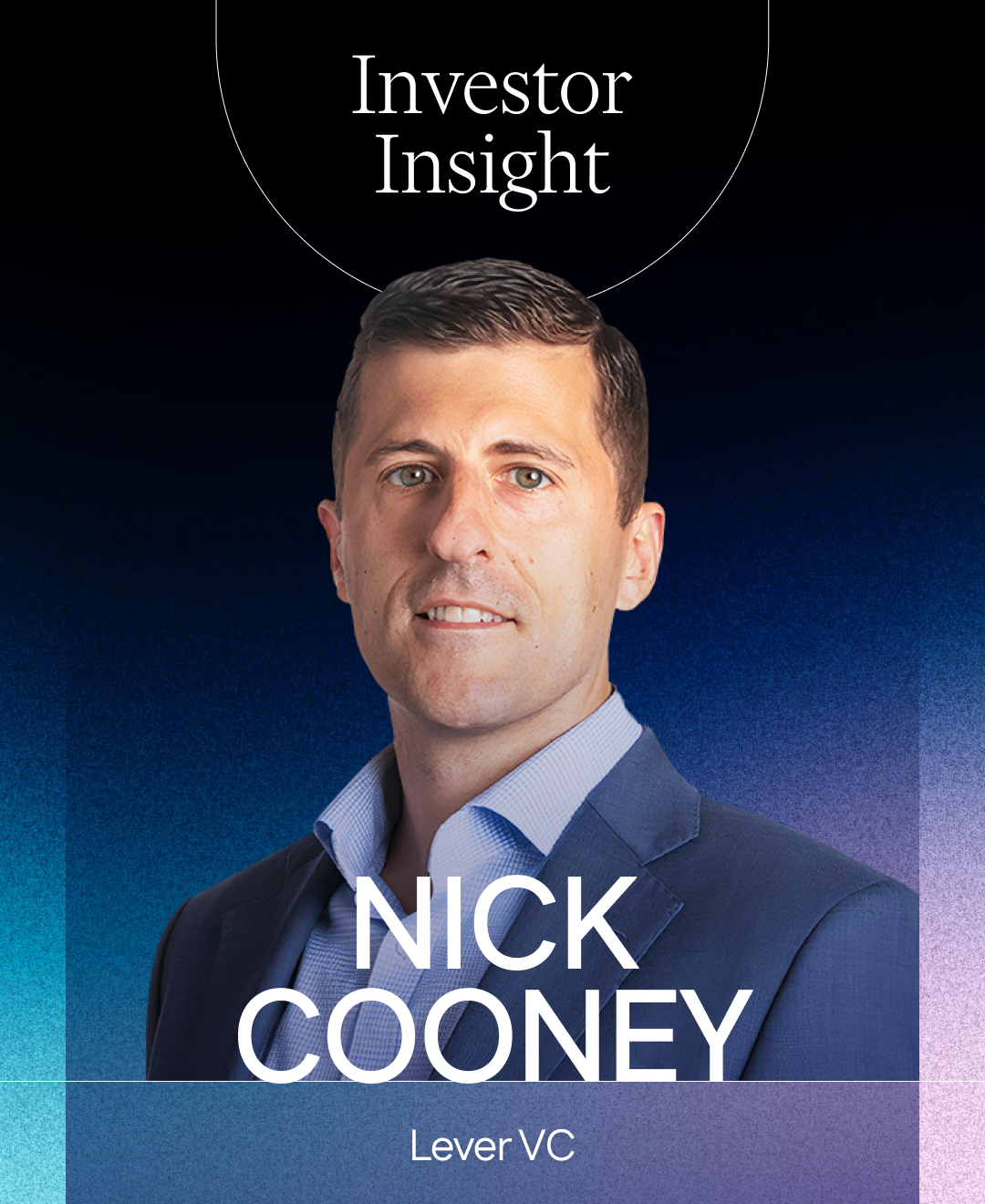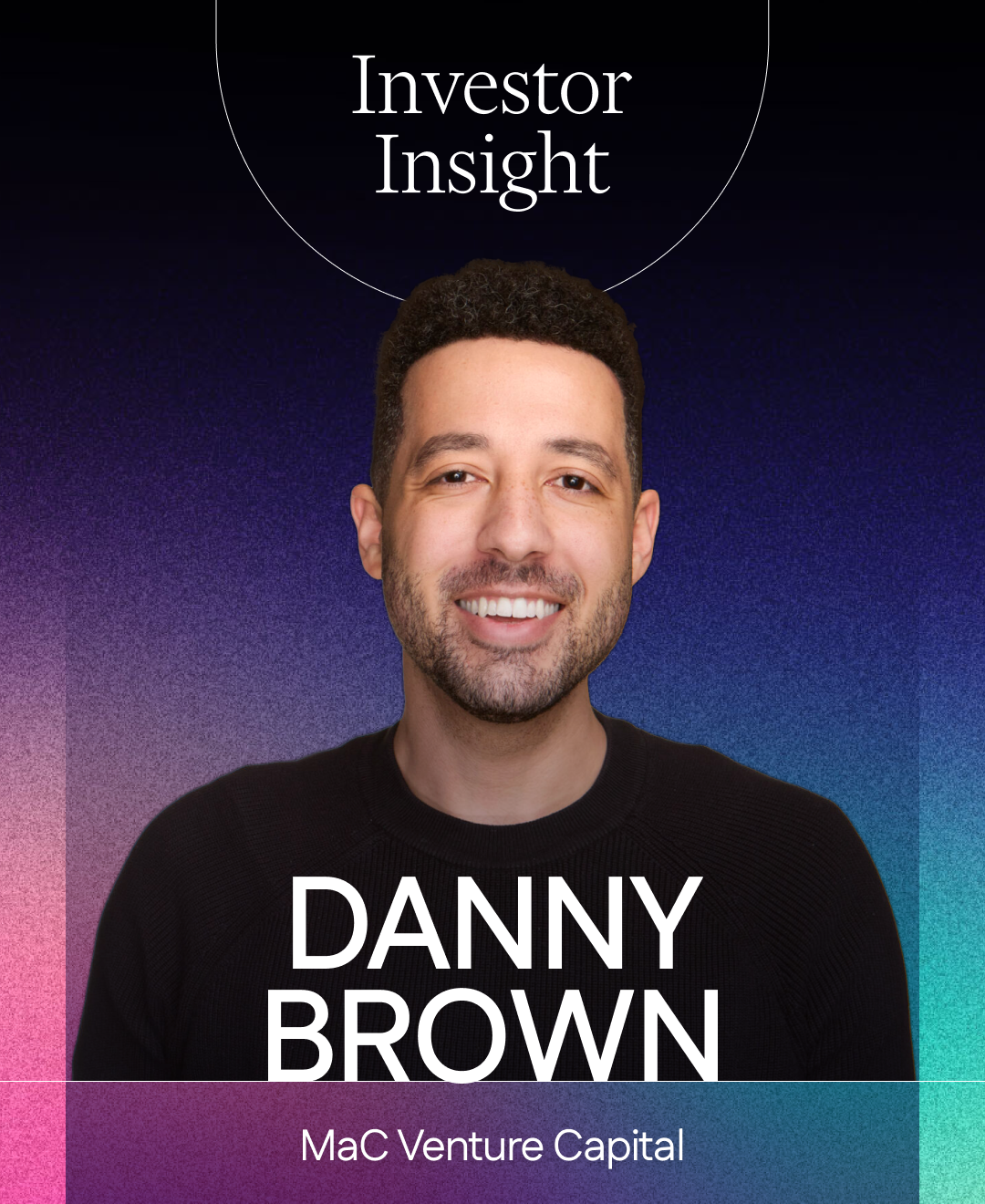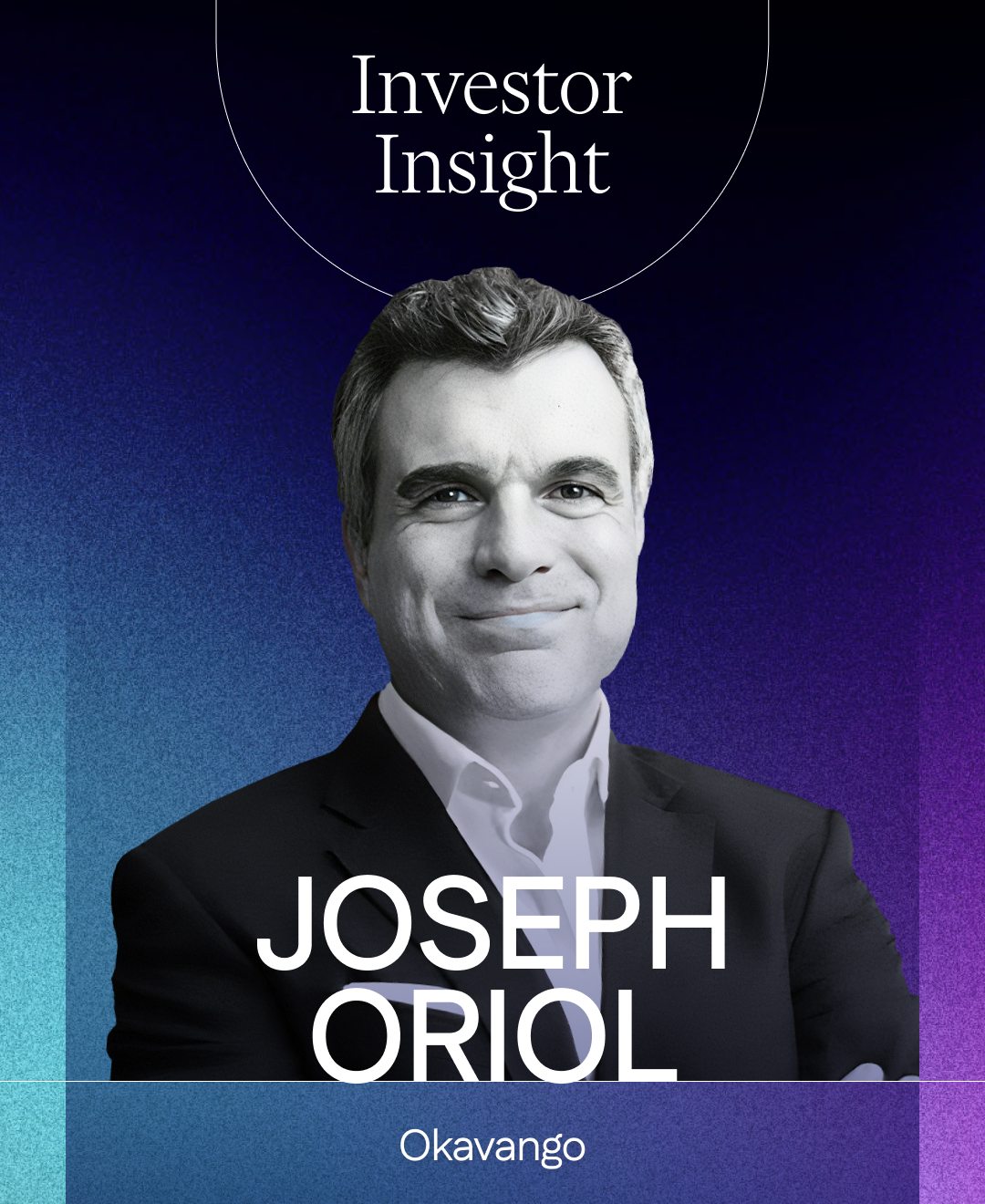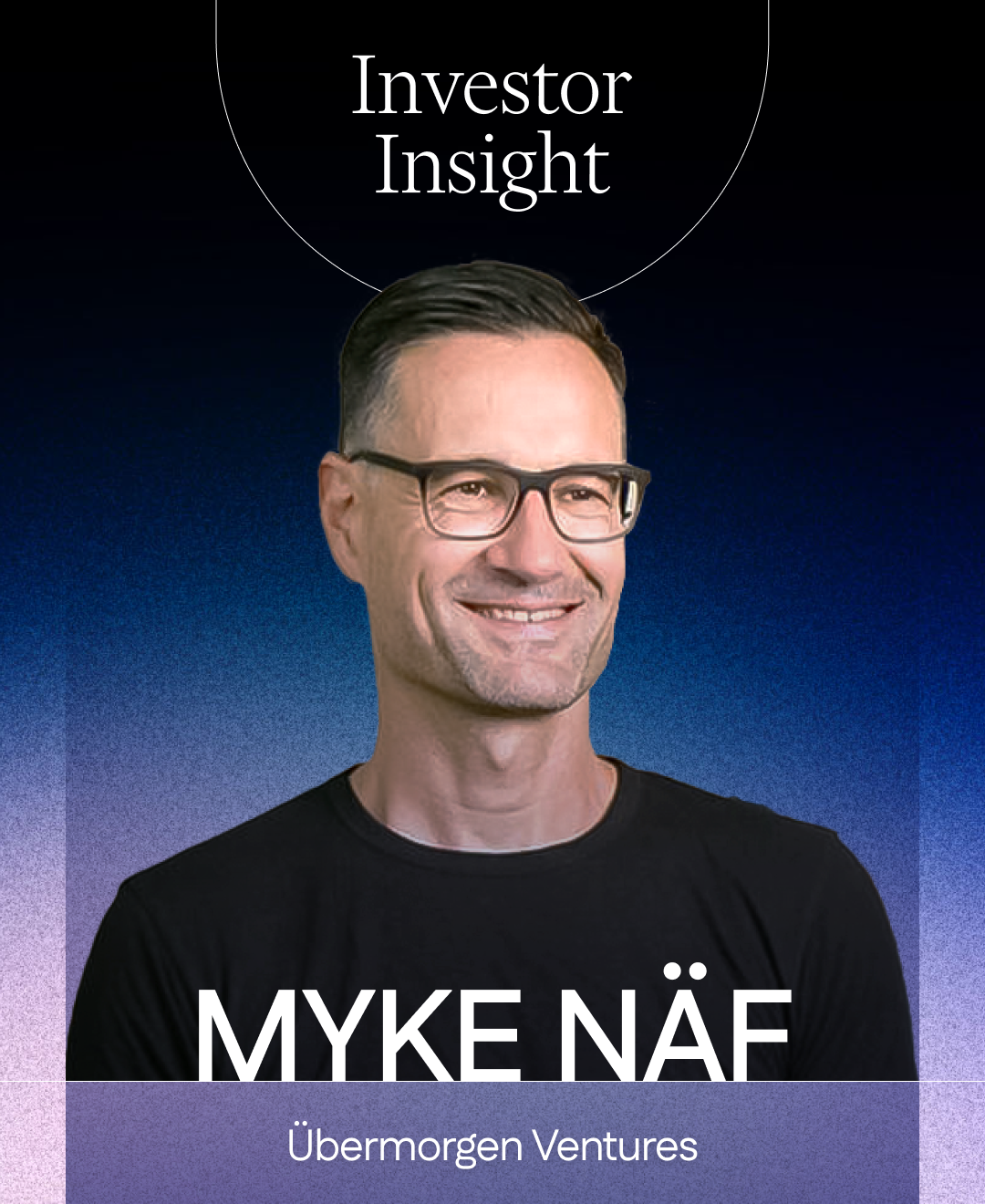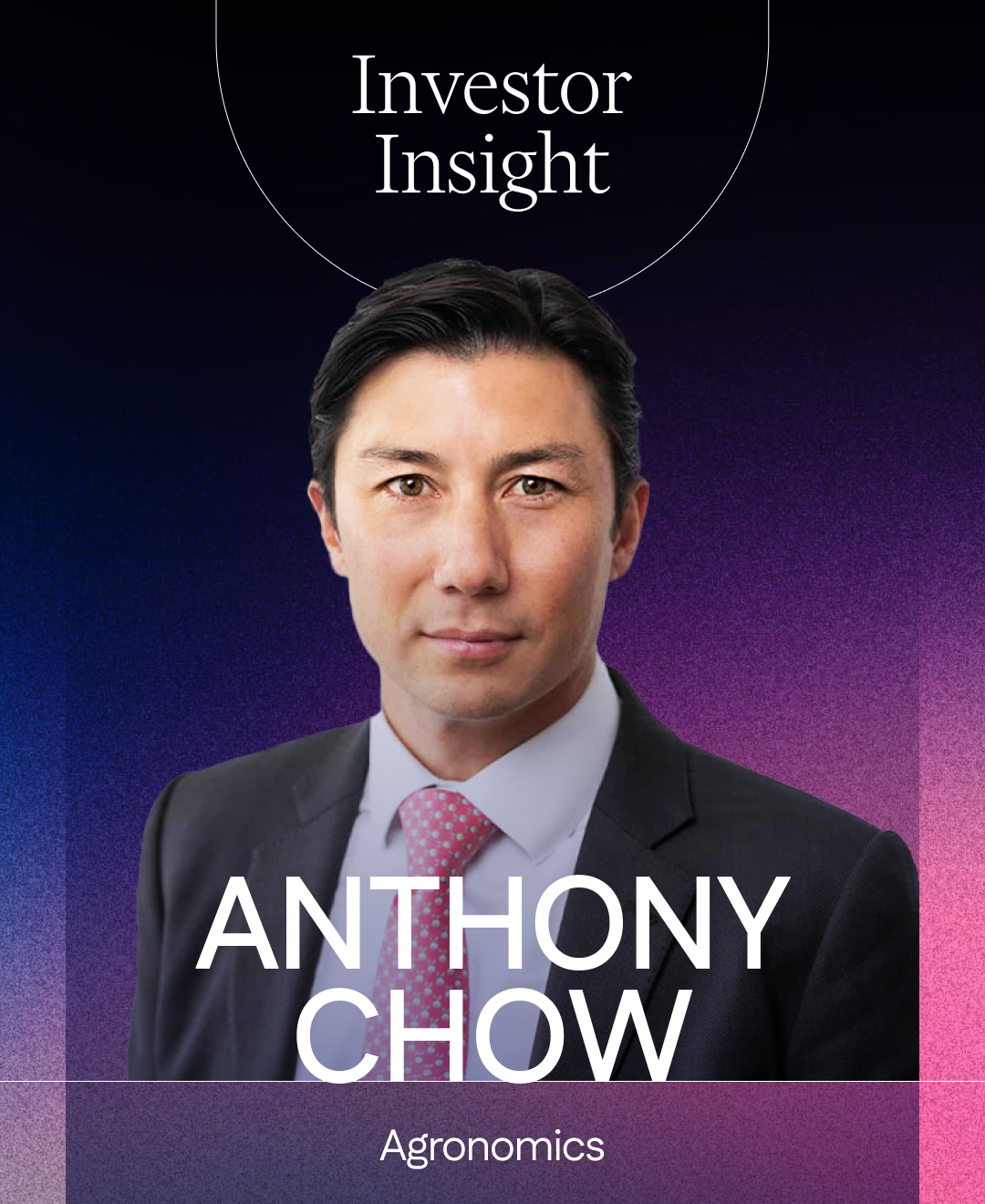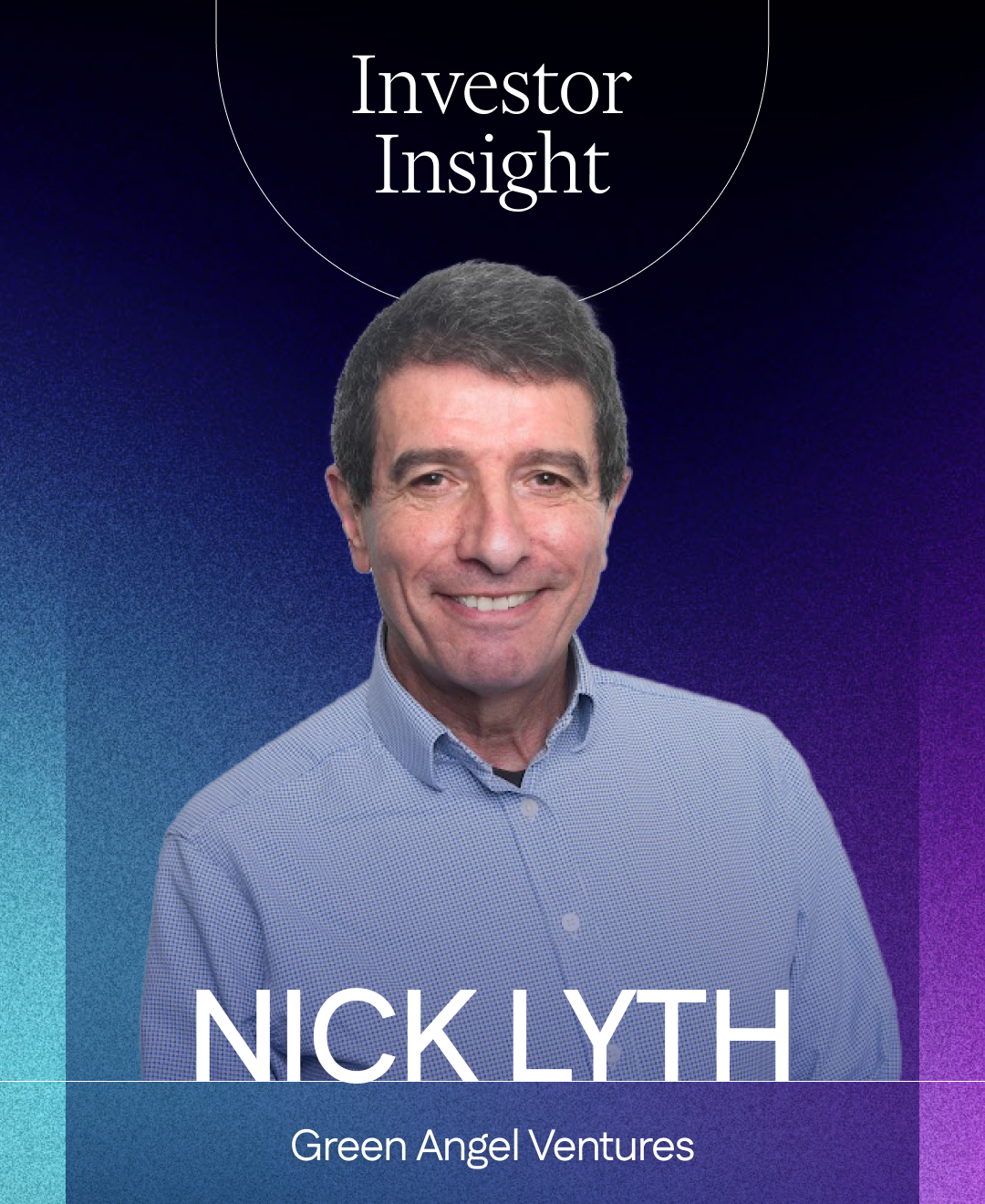.png)
- Check size: 1M to 10M
- Stage: early-stage and growth-stage, often participating in seed rounds, Series A, and occasionally Series B rounds
- Fund Size: 300M
- Industry Verticals: Foodtech & Agtech
- Geographies: North America; Europe; Asia; Latin America; Australia and New Zealand; Africa
- Portfolio Companies: Rarebird; Nium; Propagate; Eion; Klim; Umaro Foods; Juicy Marbles; Supplant, and more
Thank you so much for being here, Michael. Do you think you could give us a brief introduction to yourself, your company, and your investment focus?
I'm Michael Dean, a founding partner of AgFunder, a global venture capital platform focusing on early-stage food and agriculture technologies. With offices in San Francisco and Singapore, we manage nearly $300 million in assets. We launched our first fund in late 2017 and have grown rapidly since.
We're known for AgFunder News, our blog with about 100,000 global subscribers. It's a powerful tool for sharing information, promoting our companies, and covering industry developments. We started it in 2013, and as our network grew, we expanded into venture capital management.

We have funds in the US, Asia, and Europe, investing across the food supply chain. We avoid high-risk markets but invest widely in Southeast Asia, India, the Americas, Europe, and Australia. We've made about 120 investments, including our accelerator program.
That’s very interesting. Can you share your investment focus areas for the current year and the rationale behind them?
We invest in food and agriculture technologies, focusing on sustainability. Our Fund 4 is a global fund for food and ag tech, aimed at capital appreciation. The SIJ Impact Fund in Singapore is impact-focused with corporate LPs interested in innovation and supply chain impact. This includes robotics for smallholder farmers, fair-trade marketplaces, and biologicals developing salt-tolerant crops for marginal lands.
Our larger fund targets cutting-edge technology development. We focus on technologies at the forefront of their industries with strong applications to food and agriculture. These drive sustainability, increase production, and improve welfare and income for farmers globally.
In light of recent global economic changes, how have your investment criteria evolved?
It's the worst venture capital market in two decades, especially for food and agriculture. Investing has dropped dramatically, with the sector particularly impacted due to the retreat of generalist investors who entered following Beyond Meat's IPO. Many food tech companies in public markets have struggled, and several SPACs failed.

Venture levels in food and ag are now about a quarter of what they were two years ago. As a result, we've become very selective, taking time for thorough due diligence. We maintain discipline on valuations to ensure founders can raise subsequent rounds.
For startups, the focus should be on achieving product-market fit and generating revenue quickly. We aim for companies to become self-sustainable, reaching “ramen profitability” as soon as possible. You can't assume there will be abundant capital available.
I expect the market to improve later this year, though it's unclear by how much. There's still unused venture capital, and pressure from LPs might push VCs to start investing again.
It's interesting how the market has gone down so much in the last year or two. What are the key qualities that you look for in a startup?
Team quality is vital. We value a history of exceptionalism, whether in startups, academia, or business, as it indicates willingness to work hard. We look for grit, resilience, and intelligence.
We prefer a mix of scientific/technical founders and business-oriented individuals. Technical expertise is important, but so is the ability to find product-market fit and drive sales. A solely technical team might need support with operations and execution.
We seek innovative technology that addresses a significant problem in a large market. While these criteria are standard in VC, we apply nuanced considerations when selecting teams to support.
What founder traits would lead you to say “no” immediately?
We're cautious about people who haven't shown commitment. A history of perseverance is extremely important. While these are generalisations, we conduct background checks and investigate any concerning patterns.
Technical ability is important, but we also look for exceptional qualities. For early-stage companies, coachability is key. We value our experience with startups and can offer valuable advice.
We prefer humble individuals with a fearless attitude, determination, and resilience. We look for founders who share our mindset of persistence and willingness to overcome obstacles.
Could you please describe the due diligence process you all follow before you make an investment?
Startups reach us through various channels: direct applications, our extensive network, and targeted call-outs. We also use Gaia, an AI-driven discovery platform we built ourselves, to identify emerging technologies and exceptional entrepreneurs. Referrals from other VCs are another source.

Our process begins with an associate's initial call. We discuss promising prospects in meetings with our deal team. If interested, a partner joins follow-up calls. We thoroughly review the data and conduct additional calls if needed. Promising founders then pitch to our entire team.
We visit the founders' office for due diligence, including financial and business analysis, and speak to customers. We analyse the potential customer base and assess the business's terminal value. Our investment memorandum outlines potential risks, and the EIC votes on the deal. While a partner can push a deal through without unanimous support, we aim for consensus among the three partners.
How do you evaluate the potential of a company in its early stages?
That's really hard, obviously. It's one of the joys of venture capital. About 70% of startups are likely to fail. We assess the team, market size, problem addressed, and technology. We conduct detailed global competition analysis, looking at comparable technologies, team quality, traction, investors, revenue, and customers.
Customer adoption is extremely important, of course. We ask customers, "If this disappeared tomorrow, what would you do?" We aim for products customers can't live without— pure product-market fit.
The ideal investment combines IP-protected products, rapid customer adoption, and smart leadership. We use various data sources and conduct thorough reference checks to make informed decisions.
How do you balance the need for quick decisions and competitive deals with thorough evaluation?
We've learned from past mistakes of rushing deals. Now, we prioritise sticking to our process and maintaining discipline, even if it means occasionally losing opportunities. We're investing other people's money, so thoroughness is very important.
We must be able to justify our investment decisions to our partners and investors. If this means missing some deals due to our pace, we accept that. Our experience has shown that rushed investments often don't perform well.
We don't plan to rush again in the future, as it's never beneficial for anyone involved.
Another person I interviewed in this series said, "There's always another deal," which made a lot of sense.
You've got to be an optimist in venture capital.
Can you share an example of a successful investment that you made and what made it stand out?
Our best deal is DeHaat, an Indian multi-sided marketplace. We invested early in 2018 as part of our international expansion strategy. At the time, few outside VCs were investing in Indian agri-food tech.
DeHaat focuses on benefiting smallholder farmers by increasing their income through cooperative efforts, network connections, and market access. They've grown from 20,000 farmers to over 2.5 million. Their last valuation was $760 million post-money, and we invested at $12 million pre-money. We expect an exit above $1 billion within 24 months, potentially returning our first three funds.

In your experience, what are the most common reasons that startups fail after receiving investments, and how can these be mitigated?
The primary rule for CEOs is to avoid running out of money. Failure often stems from inability to raise additional capital. This is particularly challenging for startups with long development cycles, especially in R&D and biological or applied fields.
Many startups burn through capital before achieving product-market fit. Founders must be resourceful and vigilant with their finances. Investors now value prudent money management over lavish office perks.
While startups fail for various reasons, the most common is running out of money before achieving product-market fit or securing additional funding. Approaching investors with depleted funds doesn't inspire confidence.
How important is the scalability of a startup's business model in your investment decision?
Scalability is very important. We focus on three main criteria: team quality, addressing a large market, and solving a significant problem. The solution can’t just be a vitamin; it has to be a painkiller.
The technology must address a major issue to achieve viral adoption and scalability. Startups can scale in their initial market or expand into adjacent markets geographically or through new applications.
Scalability is essential because we're investing venture capital. Our investors expect at least 3-4x returns, so we aim for a minimum 10x return from startups. Given that many will fail, successful ones need substantial growth potential.
What role does mentorship play in your investment strategy, and how do you support your portfolio companies?
We value founders who are open to coaching. Our team's extensive business and academic experience allows us to offer valuable advice. Having been a startup ourselves, we understand the challenges.
With over 120 investments, we've seen many pitfalls and can provide crucial mentorship. We take board seats and maintain close communication with founders. Our network is a significant asset.
AgFunder News, with over 100,000 subscribers, helps increase market awareness and spotlight our startups' technologies. This platform, combined with our decade-long presence in the market, aids our portfolio companies on their growth journey.
How do you view competition and the startups you invest in? Do you prefer first movers or better movers?
We like first, better movers. That's our preference. But seriously, we prefer better movers over first movers. While being first can be advantageous for consumer packaged goods (CPG) products, with technology, later entrants often benefit from lessons learned.
We've sometimes passed on investments after discovering superior alternatives through our database and network. Investing first can be a double-edged sword.
Our priority is the better startup, which we define by superior technology, stronger product-market fit, and a higher-quality team, rather than simply being first to market.
What advice would you give to startups seeking investment in the current market?
The current agri-food tech venture capital market is challenging. Many generalist investors who entered after Beyond Meat's IPO have left. Specialists remain but are cautious, waiting for quality opportunities.
Fundraising requires persistence. Be methodical, know your pitch, and understand your business. New startups should join accelerators and build networks. Mature startups should focus on generating revenue quickly.
Having paying customers gives investors confidence. Ensure your IP is protected and your offering is defensible. Network extensively with investors and push for introductions. We value founders who relentlessly drive their business forward.
What are the emerging technologies or sectors that you believe are underinvested, and why?
Currently, all sectors are underinvested. Alternative proteins have seen a sharp decline in funding, and the space is struggling. Vertical farming is also facing investment challenges, possibly due to flaws in technology or application.
When alternative proteins became trendy, many subpar products entered the market. As generalists left and specialists recognized shortcomings, investments dropped. Only the strongest startups, like Impossible Foods, have endured.
Overall, every sector in our space is experiencing a significant investment drought at present.
What's your take on vertical farming?
It's problematic. Vertical farming faces challenges due to high infrastructure and operating costs, especially when growing low-value crops with limited nutritional value. We avoided investing in vertical farming companies directly producing crops.
Many vertical farming companies raised significant capital but struggled to generate returns, highlighting the importance of a more strategic approach to the sector.

How do you foresee the investment landscape evolving in the next few years?
The market is likely to improve. There's significant "dry powder" available, as many VCs, including us, raised funds just before or during COVID. We recently closed $100 million. The best-performing VCs are those able to raise capital.
While there's money available, investors have been cautious in deployment. Valuations are becoming more reasonable. We're seeing early signs of recovery, but it may take 10-14 months to return to previous levels.
Our recent report showed that last year's investment was half of the previous year, which was itself half of the year before. Since 2021, it's been a challenging environment for investments.
Why do you think investing is going to recover?
VCs with capital will face pressure to start deploying it. Limited Partners (LPs) who have invested in these funds expect returns and want to see the money utilised rather than sitting idle.
While investments are still occurring, the rate has significantly decreased. The necessity to deploy capital is likely to drive an increase in investment activity.
This pressure from LPs, combined with the need to put funds to work, will likely be a key factor in stimulating the market and increasing investment rates in the coming months.
What is one thing that people believe about investing that is completely wrong?
Contrary to popular belief, deploying capital isn't easy. As fiduciaries of our investors' money, we feel intense pressure and responsibility. We're constantly evaluating our processes and strategy.
Our livelihood depends on investing well. If we don't perform, we won't raise another fund. While we aim to help startups and drive innovation, our primary focus is returning capital to investors who took risks backing us.
The greatest pressure comes from the need to provide returns to our investors. This responsibility is what truly drives our business and decision-making process.
If you could invest $100 million in one project to combat climate change, what would it be and why?
Energy is a major factor in climate change. While alternative fuels like green hydrogen are interesting, technologies aiding smallholder farmers in emerging markets are equally important.
Our Singapore accelerator focuses on impact and sustainability, using technologies like robotics-as-a-service for farmers. This can replace harmful practices like pregnant women spraying pesticides. Electrical weeding is another promising innovation.

Investing in emerging market technology for smallholders is vital. We've backed startups developing salt-tolerant wheat strains, critical due to climate change-induced soil salinity. In Bangladesh, these crops achieve yields surpassing some Western farms. Heat-tolerant crop development is also underway.
Which do you think is more crucial for saving the planet, technological innovation or regulatory changes?
Technological innovation is undoubtedly the key driver. While regulatory changes play a role, I strongly believe in technology's power.
Humans are inherently innovative, constantly seeking better and more efficient solutions. Just as technology contributed to climate change, it will also be instrumental in solving it.
I like to think: we scienced our way into this mess, and we've got to science our way out.
Exactly right, science is the key. Regulators need some oversight, but not too many rules. Let minds expand and come up with great ideas.
What role should major corporations play in the fight against climate change?
Major corporations should invest in startups and support the innovation ecosystem. It's encouraging to see more corporates seeking insights into new innovations.
These companies have a key role in ensuring their own sustainability, controlling emissions, and understanding their operational impacts. They should also participate actively in the innovation ecosystem.
As conduits of consumer pressure, they must lead by example. This means cleaning up their own operations and investing in early-stage technologies. Even if motivated by profitability, it's acceptable as long as improved sustainability and impact are outcomes.
I’m inclined to agree with that. Well, Michael, we’ve reached the end of our questions. I want to thank you very much on behalf of Brighter Future for sitting with us for this extremely interesting and frankly enjoyable conversation. AgFunder is doing vital work, and we hope your portfolio has an even greater impact than you ever imagined it might be able to.
If you’d like to learn more about Michael’s investment company, please see www.AgFunder.com.
Let’s Start Building Your Story
Book a call or email us at mission@brighterfuture.studio to begin crafting your inside-out narrative.





